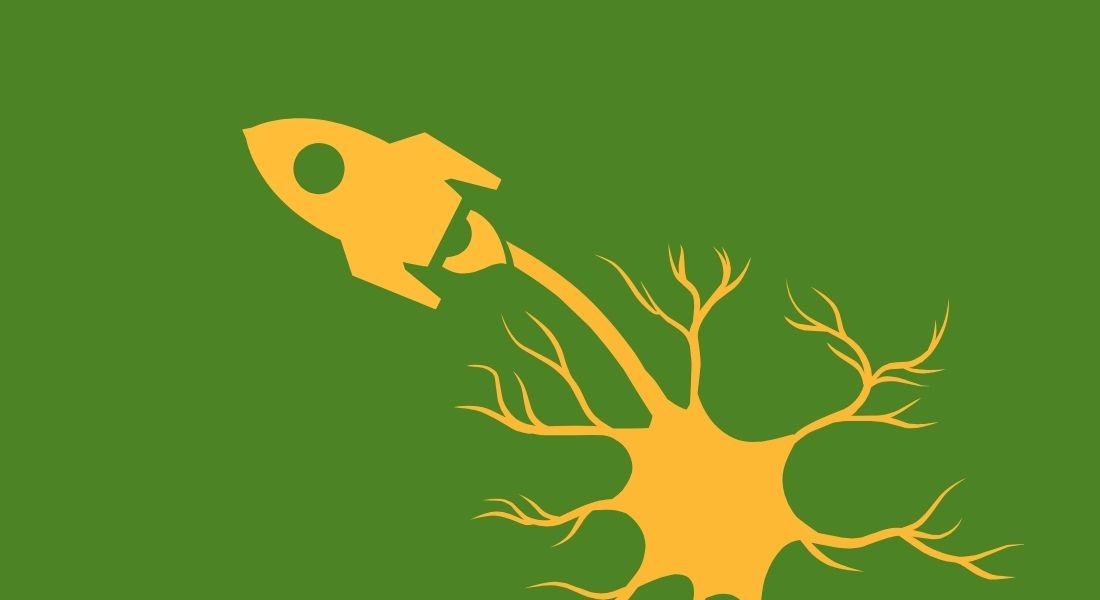The USE Center launches first research plan
The first generation of USE research projects will launch in Fall 2025.

After months of extensive efforts, the USE Center is ready to launch its first research plan with five projects.
Together, the first-wave projects form a methodologically diverse research programme designed to advance discipline-based education research (DBER) and drive sustainable, research-informed change in Danish university science education.
The research plan is the result of great collaborative efforts between educational researchers and science teachers from the three Danish partner universities as well as international partners, said Interim Center Leader Jan Alexis Nielsen.
“I’m proud of the way we have crafted this ambitious research plan. With the input of individual teachers to the feedback of our Advisory Board, we have planned a research portfolio that significantly expands the scope of DBER in Denmark across both disciplines and methodologies.”

Widening the DBER-landscape
While physics and mathematics are already represented in Denmark's DBER landscape, these projects extend into emerging areas, including:
- Biology didactics (via teacher identity, threshold concepts, and laboratory practice)
- Computer science didactics (via abstraction and modelling)
- Data science and statistics didactics (via toolbox course analysis)
- Geology and field-based science education
- Intersections between aesthetics, epistemology, and embodiment.
The projects include a total of 7 USE-SCHOLAR PhD students and 16 full-time equivalent (FTE) years of early career researchers (ECR), plus the research time of PIs and work-package leaders, with international strategic partners involved across many projects.
“This combination of new PhD projects and ECR resources, along with the breadth of the entire programme, will provide the foundation for building a coherent national research infrastructure that supports both monodisciplinary depth and interdisciplinary insight,” said Jan Alexis Nielsen.
“This infrastructure will create anchor points for future DBER talent development and help establish Denmark as a visible contributor to the international DBER community.”
The Five Projects
In the research plan, there are five projects. Each project “lives” at a Danish partner university, but with research collaborations across the partners.
Transforming University Science Education in the New Media Era
This project examines how emerging technologies such as AI, generative writing tools, and XR reshape science education at the university level. Across four work packages, it investigates AI-supported creative problem solving in physics and chemistry, threshold concepts in biology and physics, disciplinary writing in the AI era, and immersive XR learning environments. The project aims to generate empirically grounded designs and theoretical insights into how new media can foster disciplinary engagement, epistemic agency, and long-term learning.
Appreciating Abstractions
This project explores how students develop disciplinary understanding and identity through engagement with abstractions, modelling, and hands-on practice. One work package investigates the aesthetic and cognitive dimensions of abstraction and modelling in computer science and biology. Another examines how laboratory and fieldwork practices in biology and chemistry can be redesigned to foster curiosity, agency, and identity. Together the project develops new environments and teaching designs that integrate abstract and embodied practices.
Transition and Alignment in First-Year University Courses
This project investigates how alignment across lectures, TA sessions, and assessment practices can improve the first-year experience in mathematics and physics. It investigates pedagogical designs that integrate AI-supported tools to strengthen coherence and engagement and explores how feedback and assessment can be reimagined as more relational and dialogic. The project aims to support smoother transitions into university study and improve retention in high-failure-rate courses.
Toolbox Courses in Data Science
This project addresses the didactical challenges of toolbox courses in data science, which serve students from multiple programmes with diverse needs. One work package maps programme-specific curricular needs and identifies gaps in current teaching. The second develops and tests new didactical designs that connect toolbox courses more closely to disciplinary applications. The project builds capacity in data science didactics in Denmark and creates internationally informed design packages adaptable to other courses.
Science Educator Identity and Practice in Physics and Biology
This project studies how science educator identity shapes teaching practices and how professional development can promote sustainable adoption of active learning. Work packages explore educator identity and departmental networks, design professional development formats, and follow up with classroom observations to track how identity changes translate into practice. The project provides a framework for educator identity and comparative data on active learning in Danish universities.
Contact
Jan Alexis Nielsen
Professor and Center Leader
E-mail: janielsen@ind.ku.dk
Phone: +4535320361
Magnus Boye
Outreach Officer
E-mail: mbb@ind.ku.dk
Phone: +4535323741
